Hypoallergenic Dry Mouth Sprays

Do you suffer from dry mouth, also known as xerostomia? If so, you understand the discomfort it brings. Now imagine dealing with sensitivities or allergies on top of it. The struggle becomes even more challenging. But fear not; there's a solution – hypoallergenic dry mouth sprays.
| Key Takeaways |
|---|
| Hypoallergenic dry mouth sprays: Specially designed for sensitivities. |
| Allergens in regular sprays: Watch out for artificial flavours, preservatives, and sugars. |
| Safe and effective relief: Hypoallergenic sprays provide comfort without allergies. |
| Identifying hypoallergenic options: Read labels and consult professionals. |
| Choosing the right spray: Consider symptoms, preferences, and desired benefits. |
Understanding Hypoallergenic Products and Sensitivities
What Are Hypoallergenic Products?
Hypoallergenic products are meticulously crafted to minimize the risk of triggering allergic reactions or sensitivities. They're a lifeline for individuals with delicate skin and, in our case, sensitive oral mucosa.
Allergens in Regular Dry Mouth Sprays
Let's explore the ingredients commonly found in standard dry mouth sprays that can cause problems for sensitive individuals:
- Artificial Flavours: These may contain synthetic compounds that trigger allergies.
- Preservatives: Certain preservatives, like parabens, can irritate sensitive mouths.
- Sugars: Some sprays contain sugars that contribute to oral discomfort.
The Importance of Allergen Awareness
For those with sensitivities, awareness is key. Knowing what allergens to avoid empowers you to make informed choices. Consult healthcare professionals to pinpoint specific sensitivities and guide your product selection.

Benefits of Hypoallergenic Dry Mouth Sprays
| Benefits of Hypoallergenic Dry Mouth Sprays |
|---|
| Safe and Effective Relief: Hypoallergenic dry mouth sprays offer a haven of relief without the fear of allergic reactions. They ensure your comfort is paramount. |
| A Wider Range of Suitable Ingredients: With hypoallergenic formulations, you gain access to a broader selection of ingredients suitable for sensitive individuals. |
| Reducing Discomfort and Irritation: By sidestepping irritants and allergens, these sprays minimize the risk of oral discomfort and irritation, promoting overall oral health. |
| Addressing Concerns About Effectiveness: Some may question whether hypoallergenic options are as effective. Rest assured, they still provide ample relief while being gentler on the oral mucosa. |
Identifying Hypoallergenic Dry Mouth Sprays
Recognizing hypoallergenic dry mouth sprays requires a discerning eye for ingredient labels:

Choosing the Right Dry Mouth Spray
Selecting the ideal hypoallergenic dry mouth spray depends on your individual needs. Consider these factors:
- Severity of Symptoms: Assess the severity of your dry mouth symptoms to determine the level of relief required.
- Personal Preferences: Think about flavour, texture, and application method to find a spray that suits you.
- Additional Desired Benefits: Some sprays offer extras like breath freshening, taste enhancing or long-lasting hydration. Evaluate these features to align with your needs.
Remember, consulting with healthcare professionals for personalised recommendations, especially if managing underlying medical conditions or sensitivities, is crucial.
Common Allergens found in Dry Mouth Sprays UK
| Allergen | Severity of Reaction | Likelihood of Causing Reaction | Notes |
|---|---|---|---|
| Alcohol | Mild to Moderate | Moderate | Alcohol can cause irritation and dryness in some individuals. |
| Propylene Glycol | Mild to Severe | Low to Moderate | Used as a humectant but can cause allergic reactions in sensitive individuals. |
| Parabens | Mild to Moderate | Low | Common preservatives that can cause allergic reactions in some cases. |
| Flavouring Agents (e.g., Menthol) | Mild to Moderate | Moderate | Natural or synthetic flavours can trigger allergies, particularly in those with fragrance sensitivities. |
| Saccharin | Mild | Very Low | An artificial sweetener that can cause mild allergic reactions in very rare cases. |
| Benzalkonium Chloride | Mild to Severe | Low | A preservative that can cause allergic reactions and mucosal irritation. |
| Essential Oils | Mild to Moderate | Moderate to High | Natural oils used for flavour can cause allergies, especially in those with plant-based allergies. |
| Colloidal Silver | Mild to Severe | Low | Rare but can cause severe reactions in some individuals. |
| Sodium Lauryl Sulfate (SLS) | Mild to Moderate | Moderate | Used as a foaming agent but can cause mouth irritation and canker sores in some people. |

Common Natural Allergens found in Dry Mouth Sprays UK
| Natural Ingredient | Severity of Reaction | Likelihood of Causing Reaction | Notes |
|---|---|---|---|
| Aloe Vera | Mild | Low | Generally safe, but can cause mild allergic reactions in some individuals. |
| Chamomile | Mild to Moderate | Moderate | Known for soothing properties, but can cause reactions in those allergic to ragweed. |
| Citral | Mild to Moderate | Moderate | A natural fragrance component found in lemon and other citrus oils; can cause skin and mouth irritation in sensitive individuals. |
| Echinacea | Mild to Moderate | Moderate to High | Beneficial for immune support, but can cause reactions in those allergic to daisies or ragweed. |
| Fennel Seed | Mild | Low to Moderate | Generally safe, but can cause allergic reactions in some, particularly those with pollen allergies. |
| Geraniol | Mild to Moderate | Moderate | A natural fragrance ingredient found in rose oil and citronella; known to cause allergies in sensitive individuals. |
| Ginger | Mild | Low | Rarely causes allergic reactions, often used for anti-inflammatory properties. |
| Green Tea Extract | Mild | Low | Rarely allergenic, used for its antioxidant properties. |
| Licorice Root | Mild to Moderate | Low to Moderate | Can be soothing, but may cause allergic reactions in some cases. |
| Limonene | Mild to Moderate | Moderate | A natural citrus scent ingredient; can cause allergic reactions in sensitive individuals. |
| Peppermint Oil | Mild to Moderate | Moderate | Can cause mouth irritation or allergic reactions in some individuals, especially if overused. |
| Slippery Elm Bark | Mild | Low | Known for its soothing effect on mucous membranes, rarely causes allergies. |
| Xylitol | Mild | Low | A natural sweetener considered safe, but can cause digestive upset if consumed in large amounts. |
- Diverse Range of Allergens: Dry mouth sprays contain a variety of ingredients that can act as allergens.
- Severity Variances: Reactions can range from mild irritation to more severe allergic responses.
- Personal Sensitivities Matter: The likelihood of a reaction greatly depends on individual sensitivities and allergies.
- Understanding Ingredients: Knowing the common allergens helps in selecting the right product for those with specific sensitivities.
Dry mouth sprays represent a significant breakthrough for individuals dealing with the discomfort of dry mouth. They provide a safe and effective means of alleviating dry mouth symptoms. However, the responsibility lies with the individual to carefully review the product's ingredients to avoid any allergic reactions or sensitivities. By gaining a clear understanding of hypoallergenic products, identifying potential allergens, and making informed decisions, you can discover the ideal hypoallergenic dry mouth spray that suits your specific requirements - or even make your own!
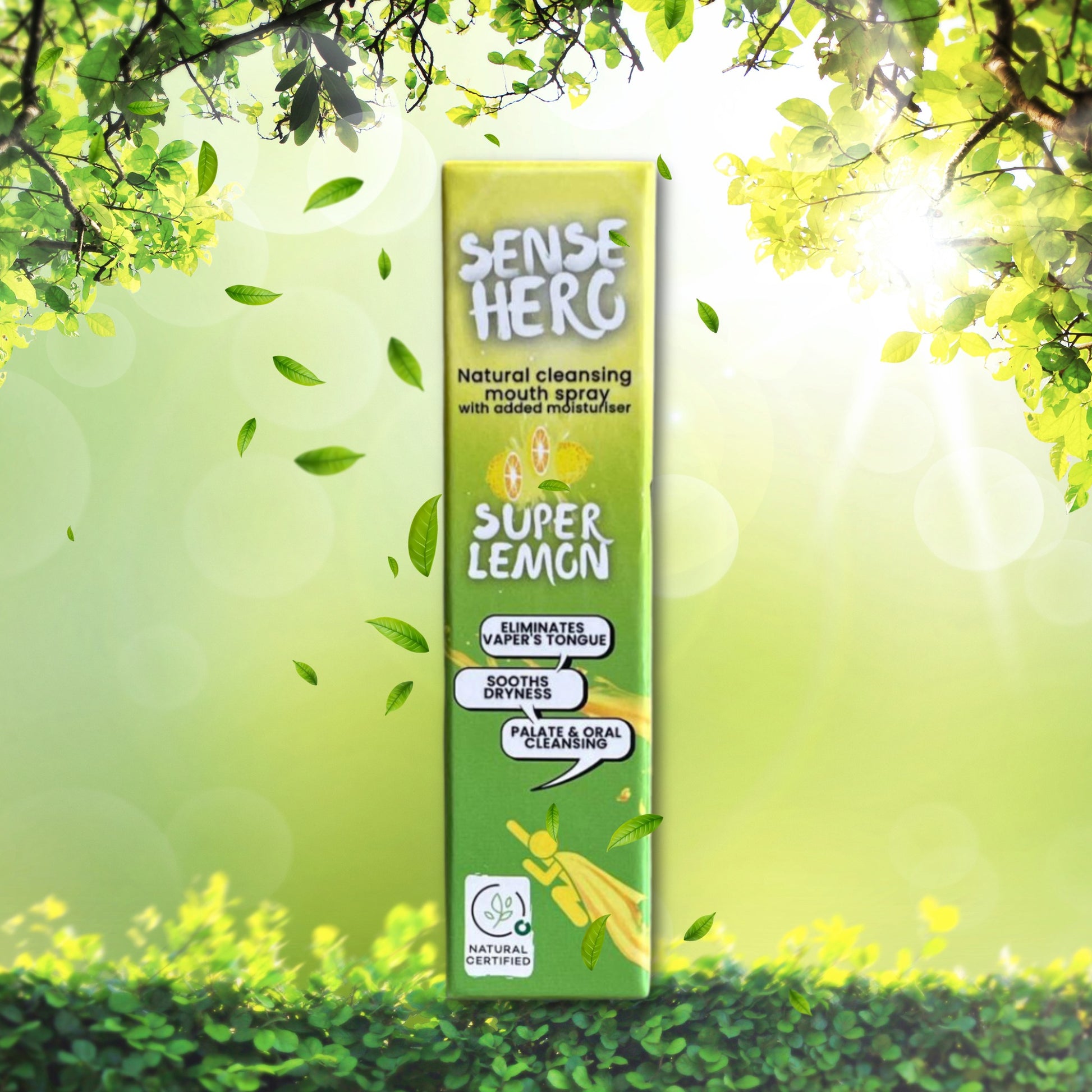
Sense Hero
Sense Hero mouth Spray UK: Quick Fix for Dryness, Vapers Tongue and Palate Cleansing
View full details

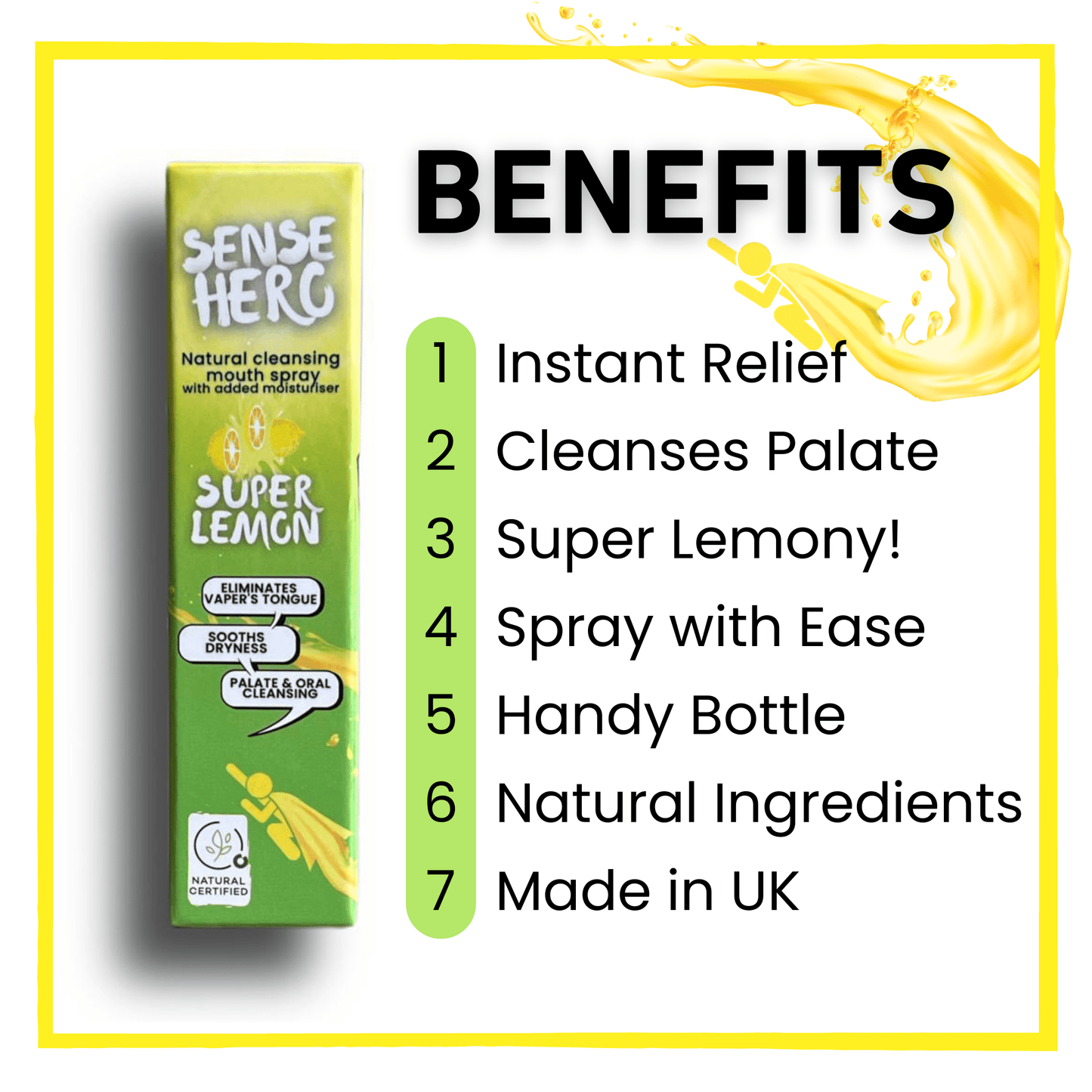
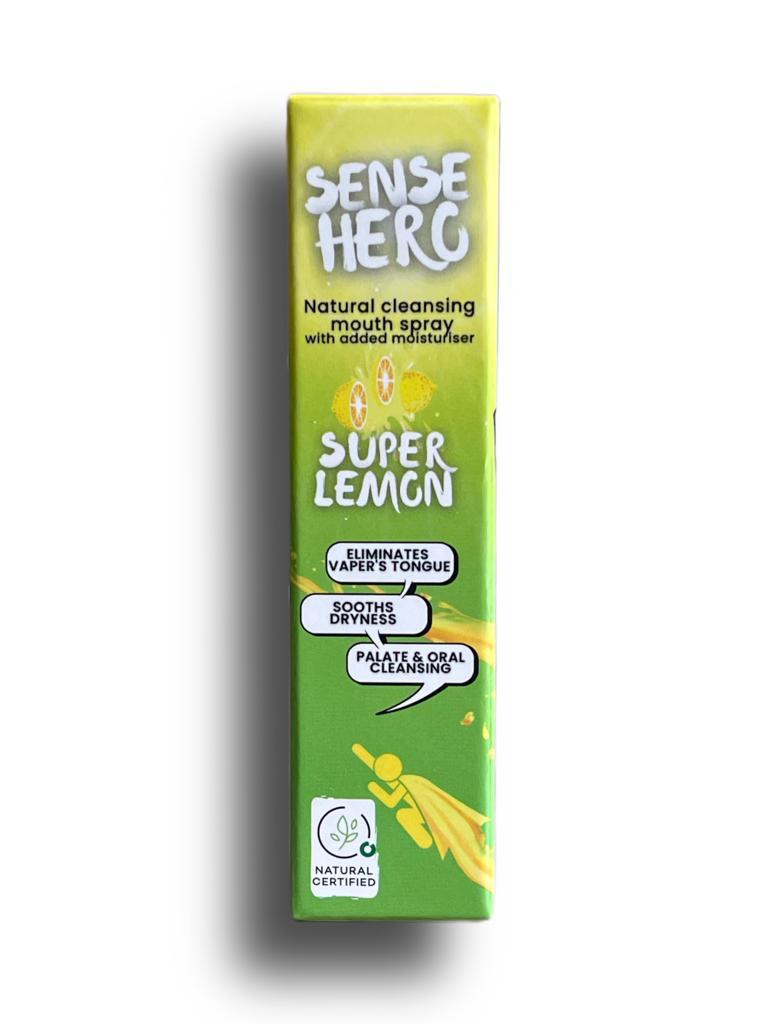
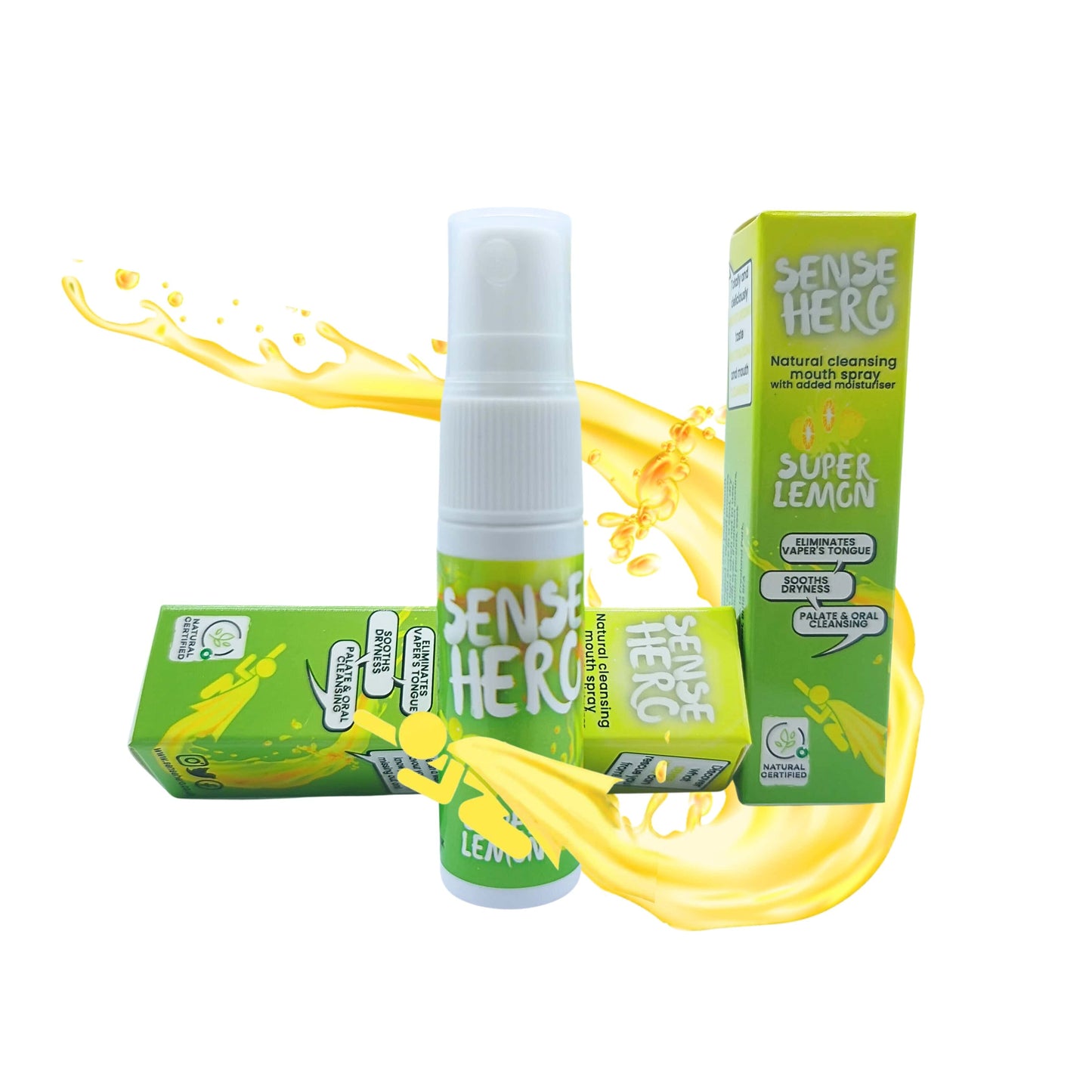
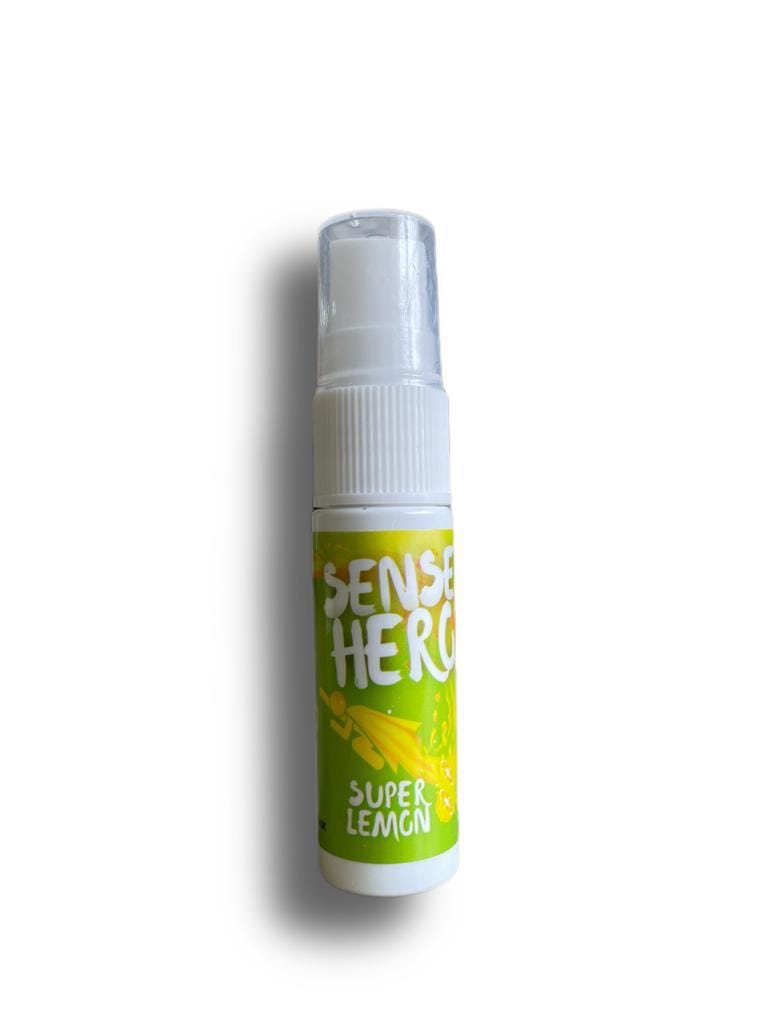
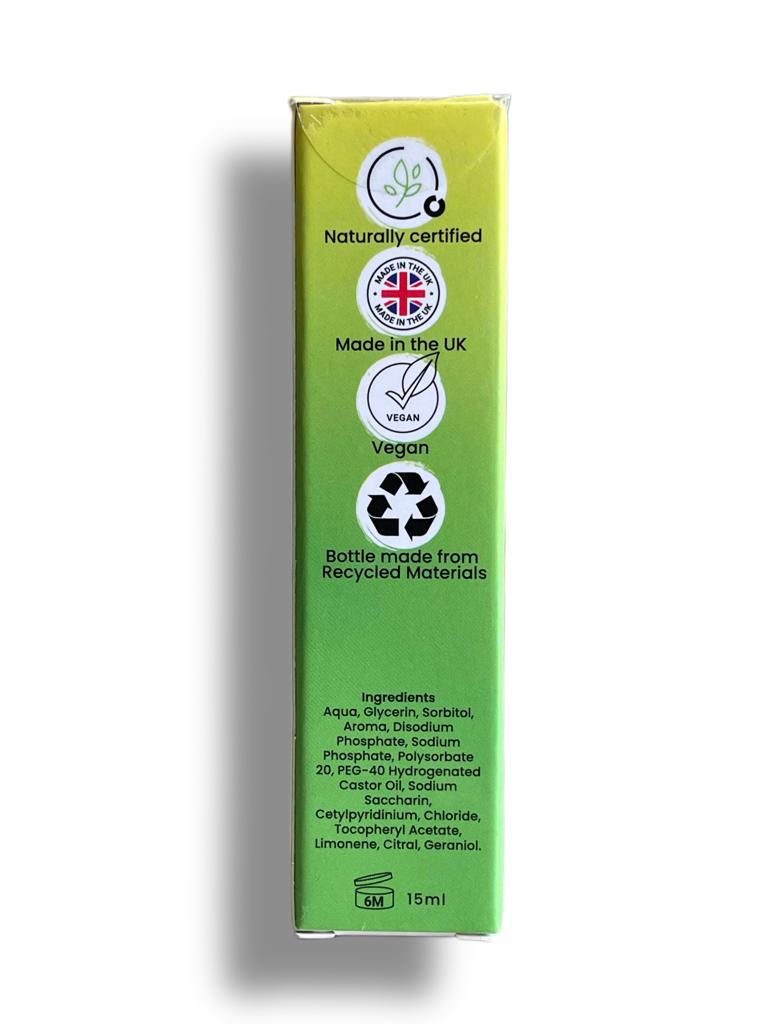

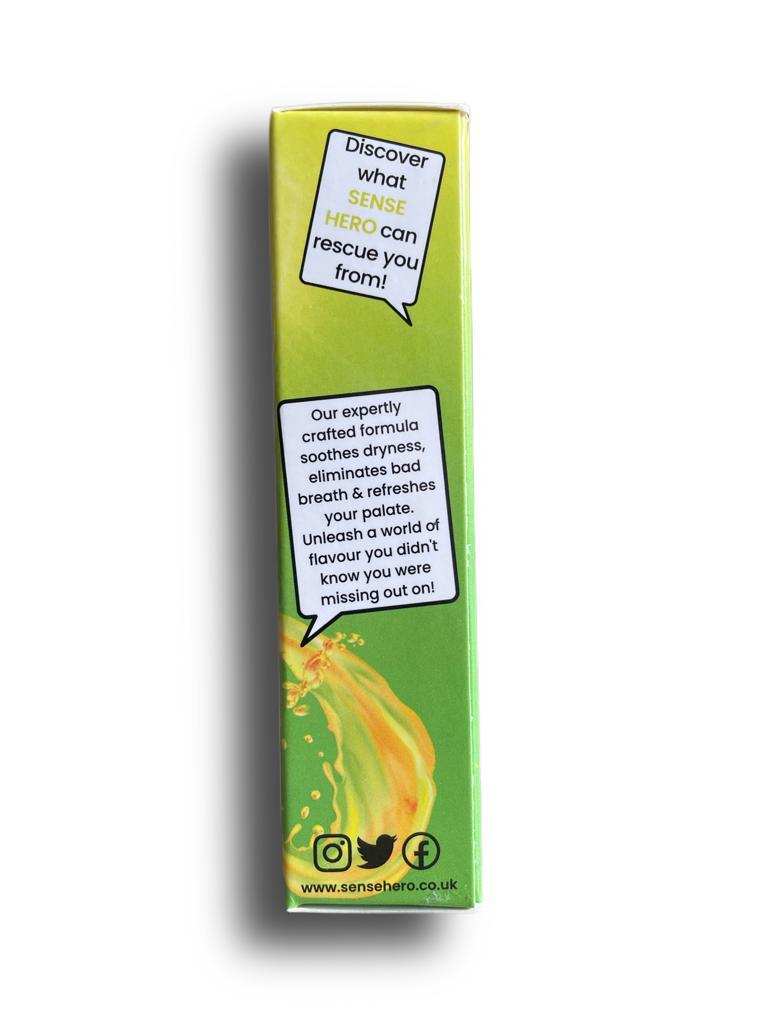
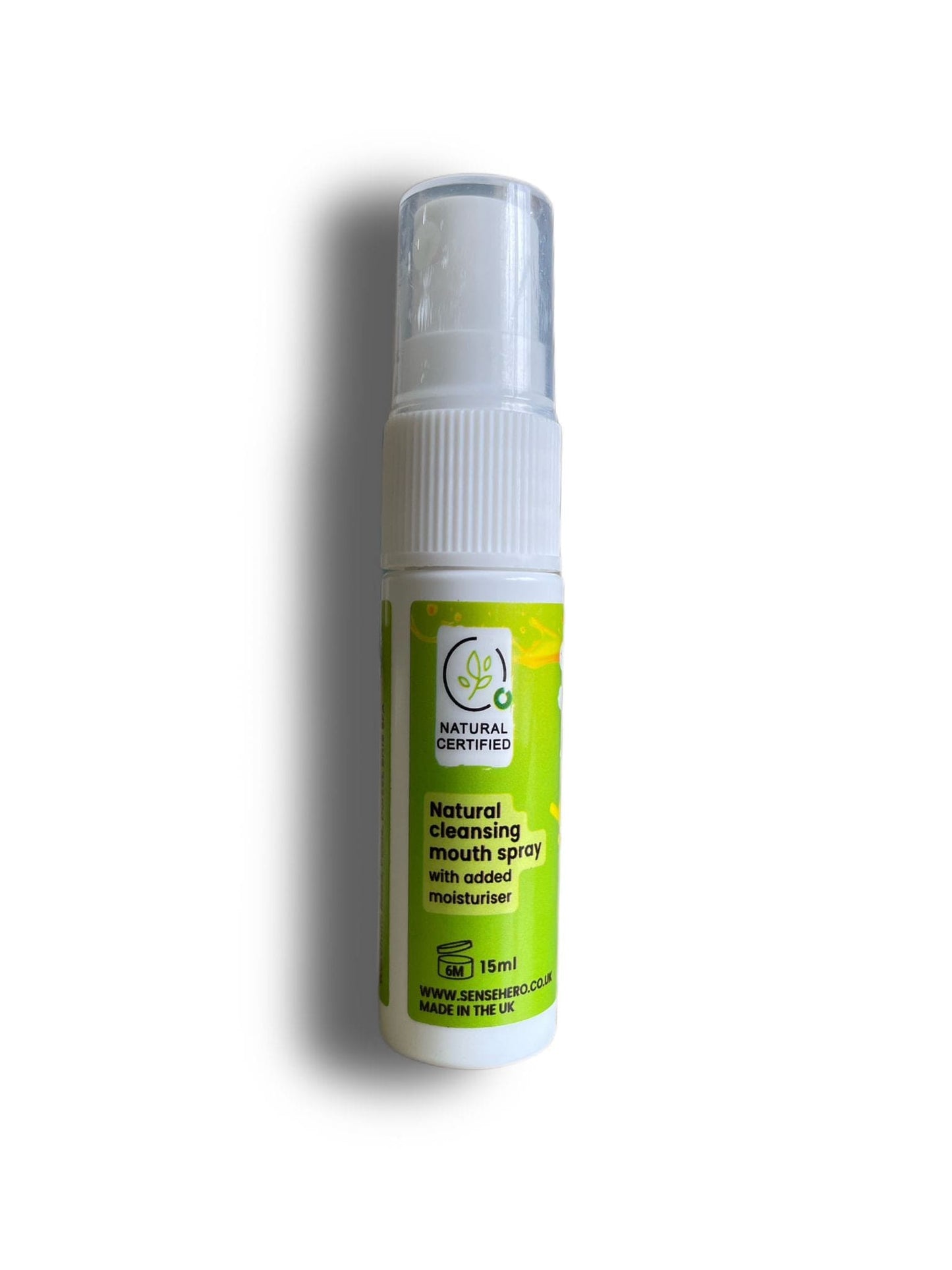

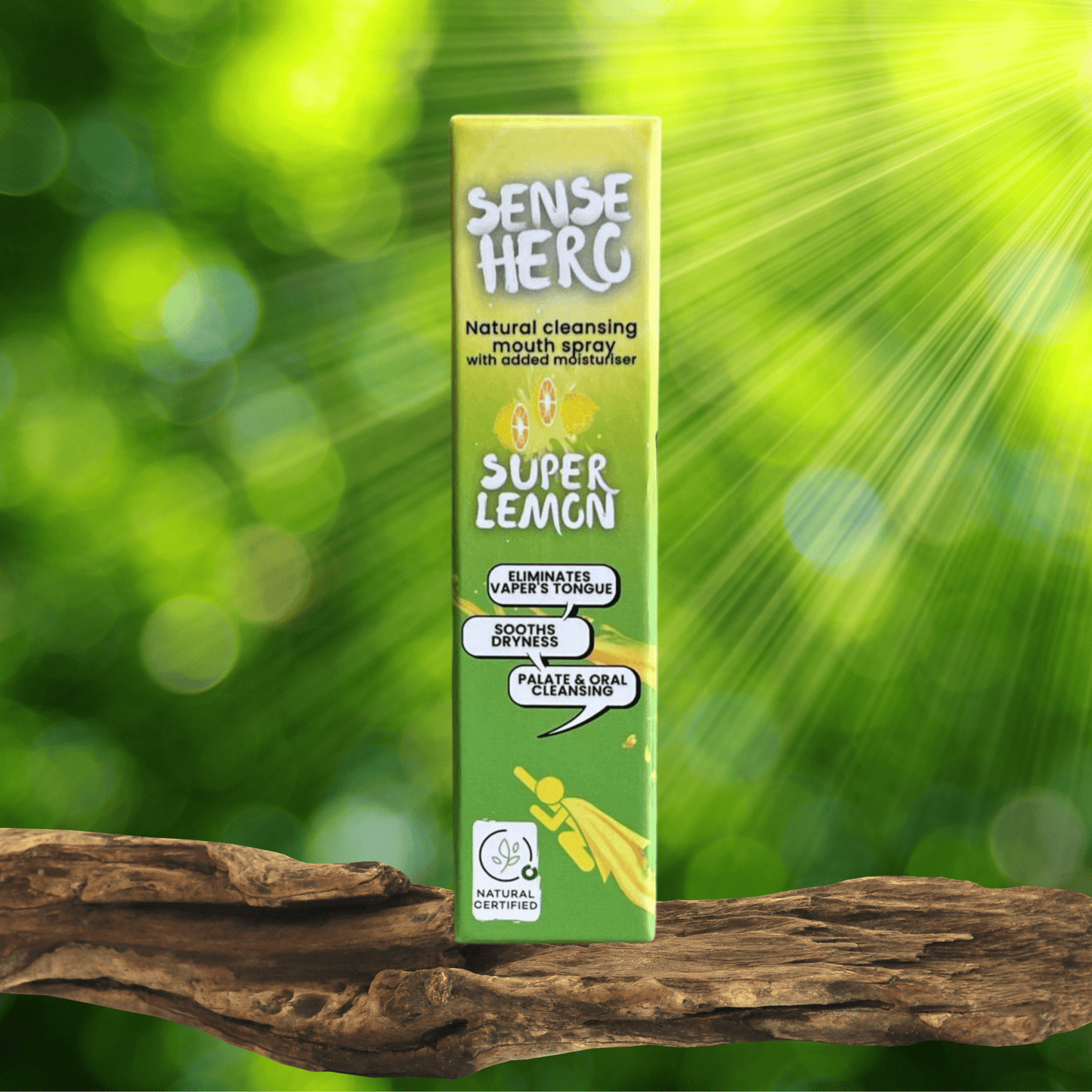
Sense Hero spray is not a medicinal product and is not intended to diagnose, treat, cure, or prevent any disease. Sense Hero Spray is designed for personal comfort.

